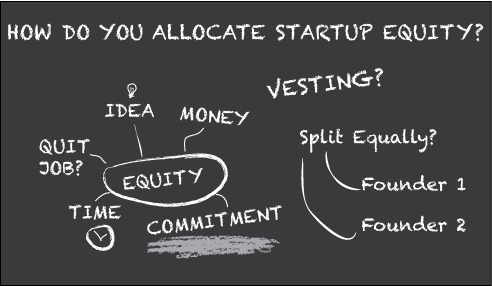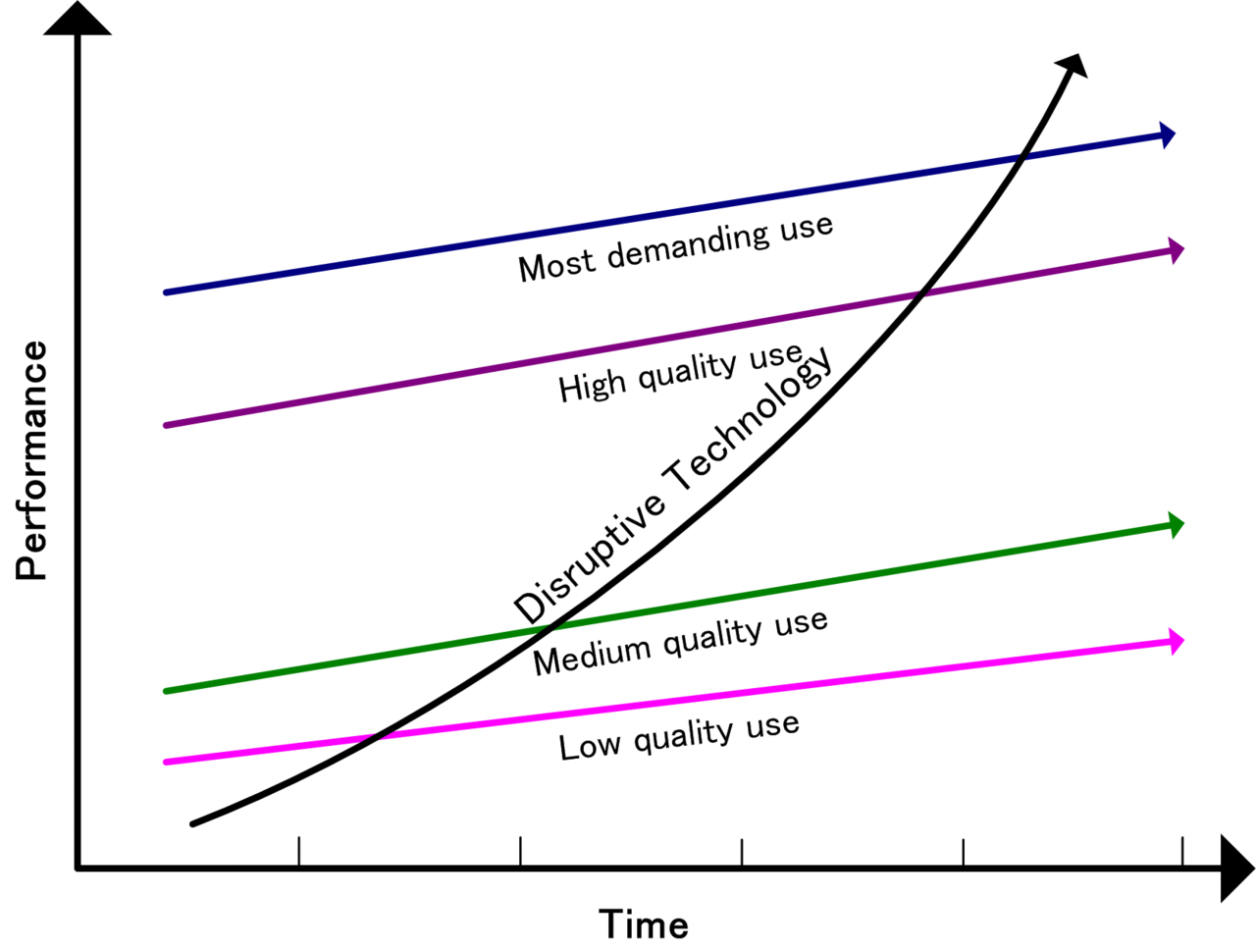
The challenge of raising capital will forever frustrate us as there is no right way to raise money; it takes time, perseverance, patience, and just the right fit. But, the litany of pitch consultants, books, incubators, and Angel networks seem to direct entrepreneurs in one consistent direction, and though few of those guides speak so bluntly and clearly as to convey exactly what you should do, I don’t think it’s hard to read the tea leaves and discern that your goal is to convey, simply, why.
The great majority of emails, teasers, demos, and pitches I see start by explaining what they’re doing and how.
A mobile app to help college students find the best local deals!
All you’ve done by communicating that way is shut down the people who aren’t interested, don’t understand it, or are in something similar. With an email, in particular, you have 2 sentences, at most, to capture their attention and keep them reading.
A well crafted WHY statement captures everyone’s attention and if conveyed properly, no one will disagree with your premise as no one really can disagree with such a premise. The way you need to communicate is with the data, opportunity, and passion with which everyone, to this point in your email, reacts with, “yep, that makes sense. Tell me more.”
Consider Your Market-Product Fit
 All that said, this is incredibly difficult to do. The very idea of effective communication is at the heart of why so many VCs and angels are increasingly saying that you have to do Marketing before starting your venture (Check out Seth Godin’s thoughts on which comes first, the product or the marketing?). Many say, that by way of the Lean startup approach, you should be seeking a “Product – Market fit;” I think that’s dangerously misleading as you need to be seeking a “Market – Product fit.”
All that said, this is incredibly difficult to do. The very idea of effective communication is at the heart of why so many VCs and angels are increasingly saying that you have to do Marketing before starting your venture (Check out Seth Godin’s thoughts on which comes first, the product or the marketing?). Many say, that by way of the Lean startup approach, you should be seeking a “Product – Market fit;” I think that’s dangerously misleading as you need to be seeking a “Market – Product fit.”
This is the key point that too many startups fail to nail down. Consistency in your focus as a startup and the ability that that has to effectively communicate why. Explore with your team, the diagram Alex Osterwalder and the Strategyzer team put together in trying to help entrepreneurs align their sales pitches, product development, and positioning. I love the premise that it’s really a market-product fit, not the other way around as you must know your market in order to understand your pitch, product roadmap, and positioning. Most important is, as Redpoint’s Tomasz Tunguz puts it, to know “the customer’s current task, the pains of accomplishing this duty, and the aspirations of the customer.” Design your product accordingly, rather than thinking of it as trying to fit a product into an existing market.
The Why. Why should I care to listen further? Why should anyone care to buy your product or service? Why would the market care that what you are doing is better than what we already have? Why should we invest in YOU, personally, to do this? Why do YOU, the founders, care?
I probably can’t convey a proper why for my example of a daily deal startup for college students. Frankly, simply because I don’t know that industry well enough and have seen way too many attempts fail (there are WAY too many entrepreneurs trying to do that). Still, since I prompted the example, let’s give it a shot:
75 million college students (I’m making that number up), shy away from Groupon, Living Social, and Yelp simply because they don’t have the budgets to afford even the daily deals that those services make available. And yet, with parents still funding 70% of US college students’ education, it’s the parents who care about the value and an opportunity to feel confident knowing their kids have what they need, at a great price. No student is without a mobile phone so rather than the email services that have come before, we’re focused on local deals, in your pocket, paid for by parents who, through a monthly subscription, provide for their kids up to 50% off the things they need.
Dear Angel Investor, here’s why.






Dig it. Also biased considering we’re marketers first 😉 – Product/Market fit was developed by an engineer after all.
Good point about the marketing first. Should also add in “wide net” as well 🙂
Hey your title caught my attention… Don’t forget the subject is just as important! Good job!!
Great lesson here 🙂 tnx, coach!
Understanding a specific notion takes painstakingly time and efforts; the majority people don’t want to spend time think, rather take that easily as much as they can — anyway don’t forget the importance of thought that you-being.
Great piece. It is very similar to winning/successful queries written by authors/writers seeking a lit agent/publisher for a new manuscript.
You want to learn from the very best…..look here
Harvey McKinnon
This article is really helpful to our team quest to raise funds from early adoptors
Good Stuff.